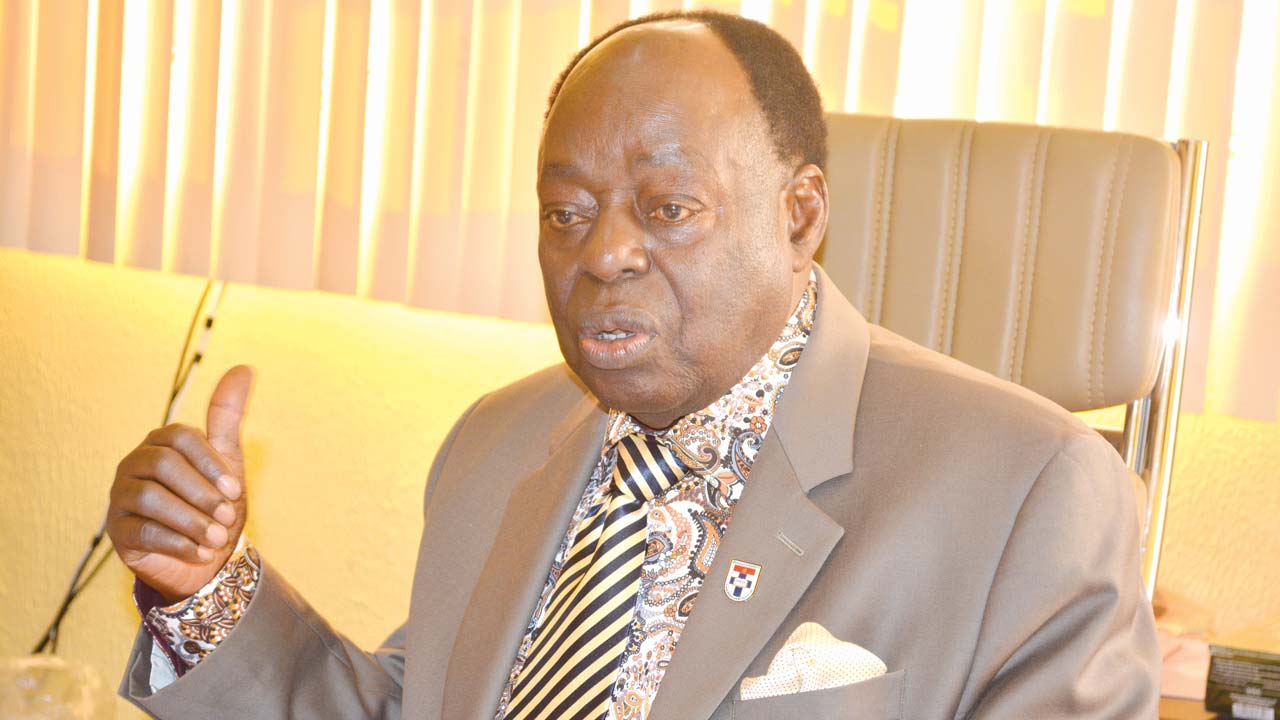
Vaccination has long been heralded as one of the most remarkable achievements in public health, significantly diminishing the global burden of infectious diseases. In fact, it’s widely acknowledged that immunizations rank alongside clean water and sanitation as the most significant contributions of modern medicine to global health. Vaccines save lives, alleviate human suffering, and cultivate healthier societies. However, in recent years, the emergence of vaccine misinformation and disinformation has cast a looming shadow over the success of immunization programs.
This threat is currently playing out in Nigeria, particularly concerning the Human Papillomavirus (HPV) vaccine. The vaccine’s uptake among Nigerians is under siege due to the rampant spread of misinformation and disinformation, primarily fueled by the vast reach of social media. Despite being a proven and safe life-saver, the HPV vaccine faces a barrage of unsubstantiated claims and outright falsehoods.
HPV, or Human Papillomavirus, encompasses a group of viruses known to cause cervical and other cancers. It is, in fact, the most common sexually transmitted infection, affecting almost all sexually active individuals at some point in their lives, often without visible symptoms. Globally, HPV infections are responsible for about 5% of all cancers, with 15 HPV types associated with cervical, anal, oropharyngeal, penile, vulvar, and vaginal cancers. Cervical cancer remains a significant concern, especially in developing countries, with an alarming annual estimate of 625,000 women and 69,400 men diagnosed with HPV-related cancers, according to the World Health Organization. In Nigeria, cervical cancer ranks as the second most common cancer among women, resulting in approximately 12,075 diagnosed cases and 7,968 deaths, as reported in the 2023 Human Papillomavirus and Related Diseases study.
The HPV vaccine has indisputably proven its effectiveness in preventing these cancers. Numerous research studies conducted across different countries have consistently demonstrated its safety and efficacy. A systematic review published in the Clinical Infectious Disease Journal (2016) and a multitude of peer-reviewed research confirm that the HPV vaccine is linked to a substantial 83-96% reduction in the prevalence of vaccine-targeted HPV types among young women who receive one dose or more. This underscores the vaccine’s potential to prevent HPV infections and reduce the risk of related cancers. Similarly, a recent peer-reviewed literature review (2021) emphasizes the vaccine’s role in reducing the burden of HPV-associated diseases, particularly cervical cancer, particularly in low-income countries like Nigeria.
Safety data from HPV vaccines have consistently indicated their safety. A systematic review commissioned by the World Health Organization (WHO) found no difference in the rates of selected serious adverse effects between those exposed to the HPV vaccine and those who were not (WHO, 2021).
The most common adverse side-effects reported were minor, such as localized pain at the injection site and occasional swelling.
Despite this compelling evidence, misinformation and disinformation campaigns have led to hesitancy and reluctance regarding the HPV vaccine in Nigeria. False claims that the vaccine is unsafe, ineffective, or even a means to harm young girls have gained considerable traction. Social media has played a pivotal role in disseminating this misinformation, making it readily accessible to a vast audience.
One common myth falsely suggests that the vaccine causes infertility. However, numerous scientific studies have categorically debunked this claim, finding no evidence linking the HPV vaccine to infertility. Another misconception falsely asserts that the HPV vaccine promotes sexual promiscuity. In reality, comprehensive studies have unequivocally refuted this claim, proving that vaccination has no influence on sexual behavior but serves as a vital shield against HPV-related diseases. In a country like Nigeria, where conversations about sexual health are often considered taboo, such misconceptions can have devastating consequences.
Disinformation campaigns have at times been propagated by vested interests or groups with political agendas, aiming to undermine public health initiatives. A current disinformation campaign alleges that the vaccine is a ploy by the government to reduce Nigeria’s population. However, there is no scientific research to support these claims, and sterility or contraception is not a known effect of the vaccine. Unfortunately, this misinformation persists, discouraging parents from vaccinating their children.
The consequences of these myths and misinformation are grim. Cervical cancer cases are on the rise in Nigeria, with limited access to screening and treatment facilities. This underscores the critical importance of prevention through vaccination. Yet, vaccine misinformation and disinformation threaten to perpetuate the suffering and deaths of countless women who could have been saved.
Combating vaccine misinformation necessitates a multifaceted approach. First and foremost, healthcare professionals must play a central role in education and outreach. We can provide credible information about the safety and efficacy of the HPV vaccine, dispelling unfounded fears. Community leaders and religious figures should also be engaged in educating the public about vaccines, their safety, and their critical role in safeguarding public health. Given their trusted positions, their support for vaccinations could wield significant influence over their followers.
Public health campaigns, bolstered by accurate data and research, are equally crucial in reaching a broader audience. Targeted messaging in various Nigerian languages and across multiple media platforms should be employed to counter the disinformation and myths gaining traction. It’s surprising that such campaigns are not already in motion, especially considering the recent launch of the HPV vaccine in Nigeria. Collaborations between governmental health agencies, NGOs, and educational institutions are indispensable in this endeavor. Organizations like Niyel Campaigns, based in Senegal, are actively supporting community organizations and civil society groups in Nigeria to promote vaccine literacy and, ultimately, vaccine confidence.
Moreover, the media can serve as a potent ally in the battle against vaccine misinformation. Responsible journalism, fact-checking, and balanced reporting can guide public perception in the right direction. Social media platforms should also be regulated to combat the spread of false information. Algorithms should prioritize reliable sources and diminish the visibility of disinformation. Hate speech related to vaccines should be reported and flagged accordingly.
Legislation should be introduced to hold individuals or groups spreading false information accountable for their actions, acting as a deterrent to those engaging in disinformation campaigns. Lastly, individuals should be encouraged to think critically and rely on quality evidence, especially regarding vaccines and immunizations, before making decisions that could potentially undermine their personal and public health.
In conclusion, the battle against vaccine misinformation and disinformation, especially concerning the HPV vaccine in Nigeria, is a matter of life and death. Scientific evidence unequivocally supports the safety and efficacy of the HPV vaccine in preventing cervical cancer. The myths surrounding this vaccine not only threaten public health but also perpetuate gender disparities in healthcare access. It is our collective responsibility to ensure that all who need it can access the vaccine without hesitation or fear. Together, let’s combat misinformation and disinformation and safeguard the health of our nation.
Dr. Chima-Oduko Anirejuoritse Alero is a Public Health Physician, Department of Community Health and Primary Care, Lagos University Teaching Hospital






